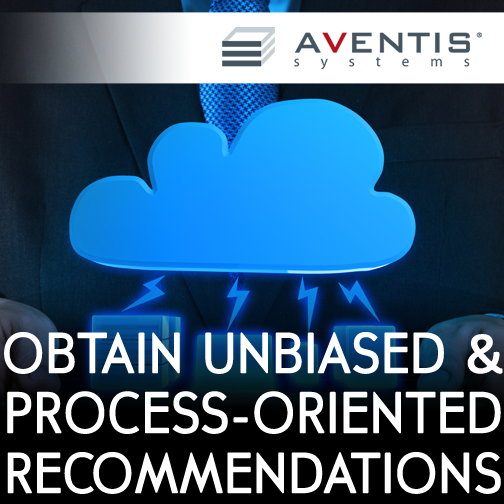Is Now the Right Time for SMBs to Fully Embrace the Cloud?
By Ben Yampolsky
The question at every SMB planning session for 2015 seems to be, “Are we ready for the cloud?” or, “Do we move more to the cloud?” With the cloud impacting every aspect of computer networking, it’s only natural this influence would continue into the SMB sector. In fact, Microsoft recently commissioned a survey of more than 3,000 SMBs in 13 countries and found that, despite pressing security concerns, SMBs are among the most eager to adopt cloud computing solutions throughout the next few years. While SMBs are eager to adopt cloud, companies have not fully embraced the transition. Many businesses seem to be weary of migrating given big challenges, such as expensive IT services, mobility limitations, and restricted growth.

So what are the barriers holding them back? And, how do SMBs find the right solution at the right price point? It’s simple. Find the right technology partner focused on developing solutions and most importantly ask the right questions. Having advised numerous SMBs for several years, here is what Aventis Systems recommends:
1) Find a Trusted Advisor with Experience in a Diverse Array of IT Environments
As an IT professional, it is critical to create secure environments that respond quickly to user needs and develop them to be as stable and predictable as possible. Moving to the cloud means placing your trust in the vendor to improve features. In order to be successful in cloud computing, it is important to find a trusted advisor, with the experience you need to guide you through the process from start to finish. Look for an advisor that has experience with hardware and virtual infrastructure, who understands varied environments, and can deliver secure and scalable technology. This will save you from stumbling along the way.
2) Discuss the Costs of Cloud Migration
The cloud is regularly acclaimed as an ideal way to deliver applications, infrastructure, and other resources to businesses. While cloud technology doesn’t require an onsite technology manager, it is often presented as an easy solution for SMBs with low upfront costs. So, it shouldn’t come as a surprise, that cloud providers cite low upfront costs as a reason to say yes. What they aren’t telling companies is that migration costs have not been taken into account. Make sure to ask questions such as, “What is the average migration cost?” And while they tell you how much they have reduced the price of their cloud services, what they often leave out is that price drops can equal lifetime costs, especially when a project or service begins to expand and grow. Many things, like in-network communication costs, planning, and deployment services are sometimes charged separately. In-network communication costs can signify up to half of the total service cost and can be a big deal if not considered in the grand scheme of things.
3) Understand Vendors’ Security and Information Sharing Measures
Security continues to be a primary concern with migrating to the cloud. Ask important questions like, “How do you encrypt data?” “Do you take responsibility for the security and integrity of your systems and data?” and “What data protection certifications do you hold?” Also ask about whether they encrypt data in transit and at rest, and what disaster recovery processes they have in place. While many will tout the cloud offering access anywhere, it is important to ask your vendors how they will isolate your data, what security measures are in place, and who will potentially be able to view your data. However, should these security concerns stop SMBs from converting to the cloud? Most experts say the economic benefits far outweigh the negatives, just make time for due diligence.
4) Obtain Unbiased and Process-Oriented Recommendations for Splitting CapEx and OpEx
Here is one of the big questions when it comes to the cloud. Does your company make the capital expenditure by stocking your own data center, or choose the operating expense option of an external cloud service offering pay-as-you-go service? Either way, realize how important it is to work with an unbiased IT advisor. Unless you have an unbiased expert in both approaches, SaaS and on-premise, who is not trying to sell you something, it is very difficult to truly tell fact from fiction. Consider an infrastructure vendor that also offers PaaS or hosting, which would lessen the incentive for them to pigeonhole you into a particular product or solution.
So, is it time for your SMB to move to the cloud? If research and trends are any indicator, it’s time to ask all these questions and strategically consider the cloud. At Aventis Systems, we work with thousands of customers to help navigate this dilemma of using a mixed technology environment of private, hybrid, and public clouds. Since we have offered hardware based solutions, there is no incentive to push the customer one way or the other. What works best for the customer’s needs is the right solution. Our IT Services team remains unbiased and finds the right solution at an affordable price point for customers. Be sure your provider is offering the same “unbiased” perspective. By doing so, you will find the right solution for you and your organization.